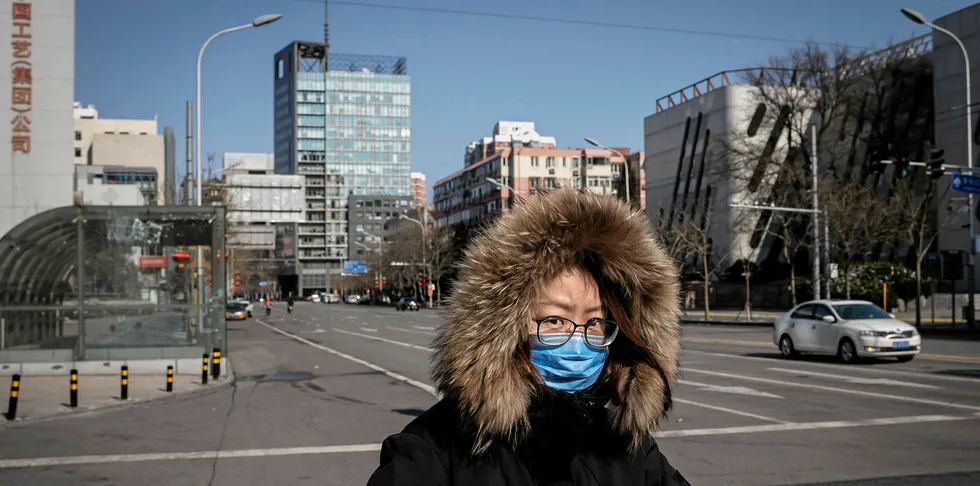Is the coronavirus a threat to the energy transition?
Reduced production capacity at Chinese factories could result in shortages and higher prices, writes Dimitrios Pappas

Reduced production capacity at Chinese factories could result in shortages and higher prices, writes Dimitrios Pappas
